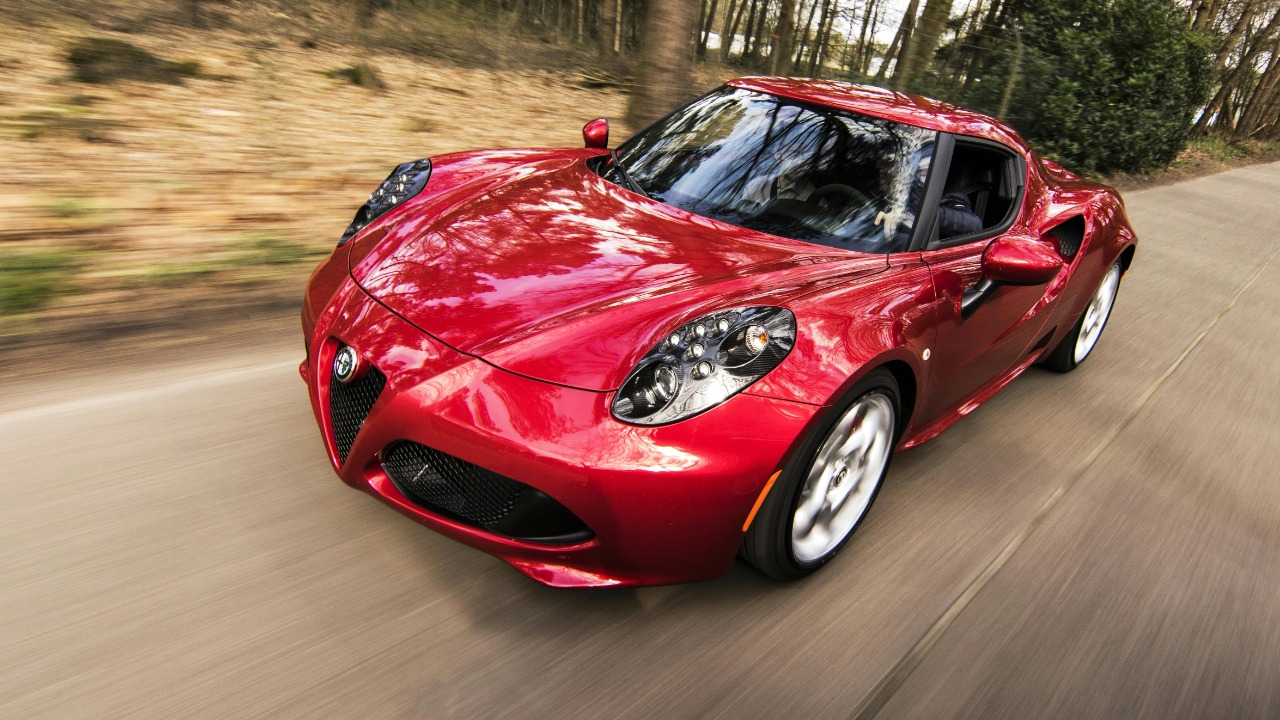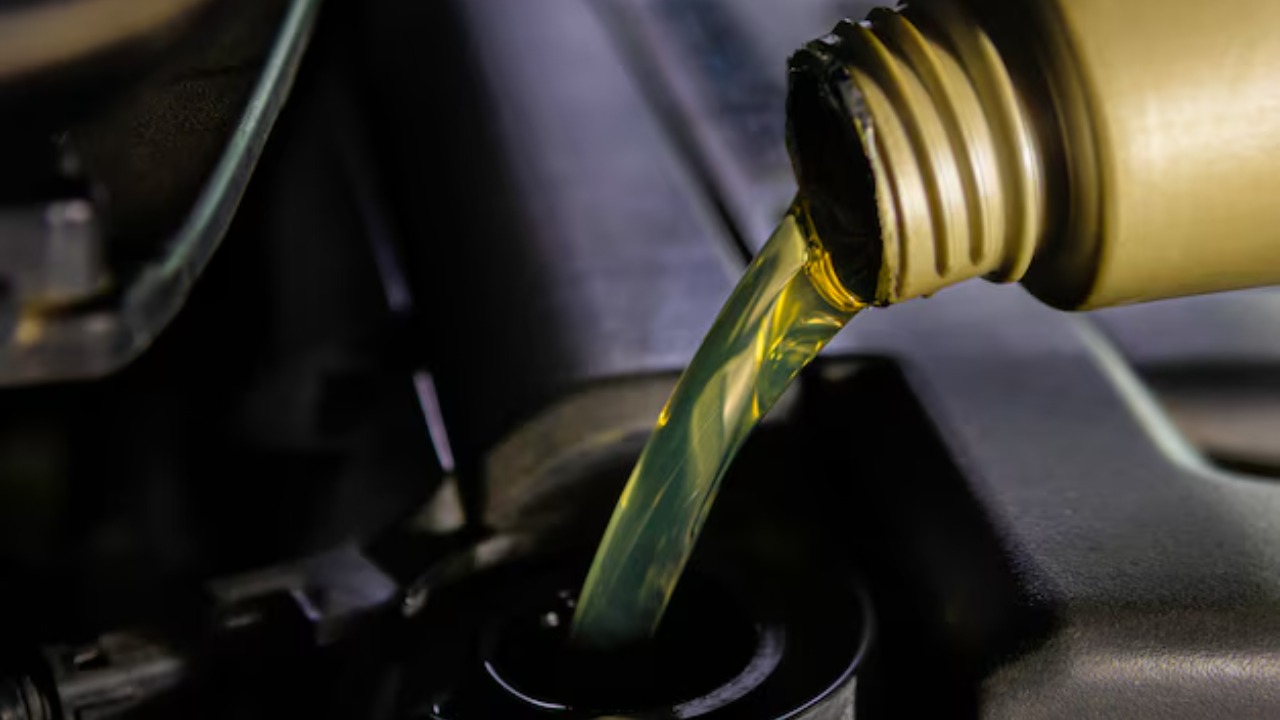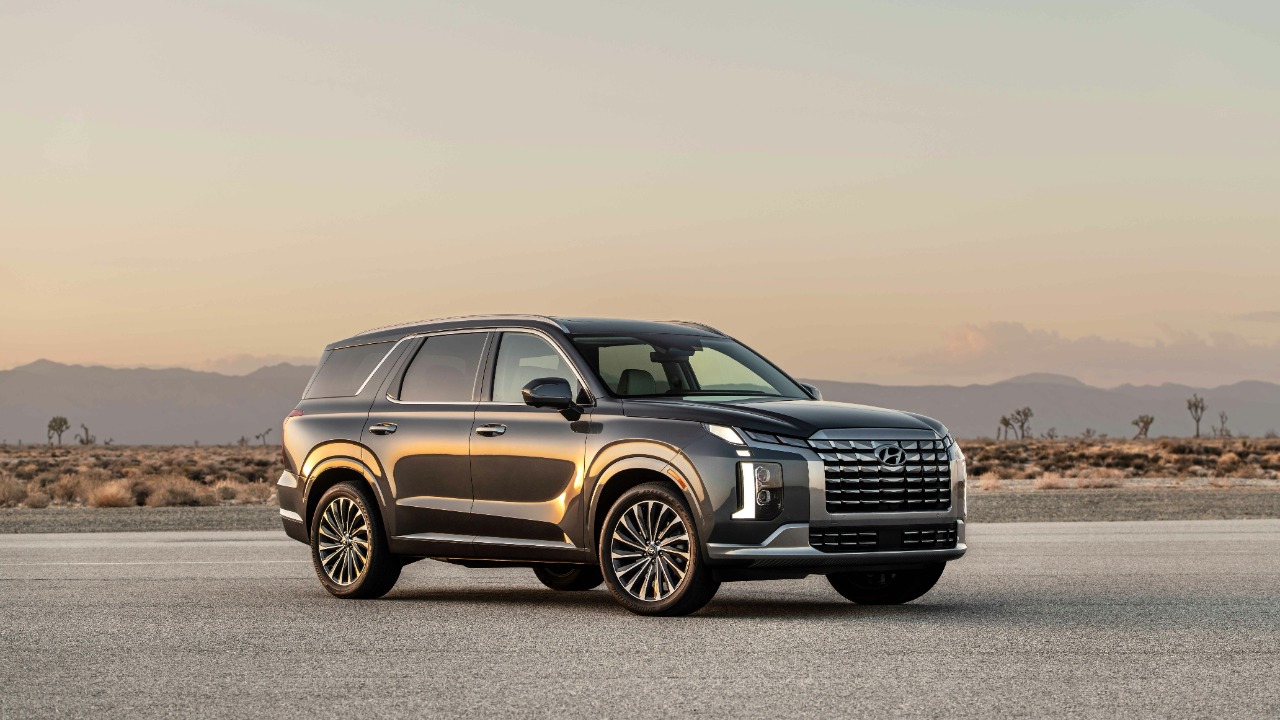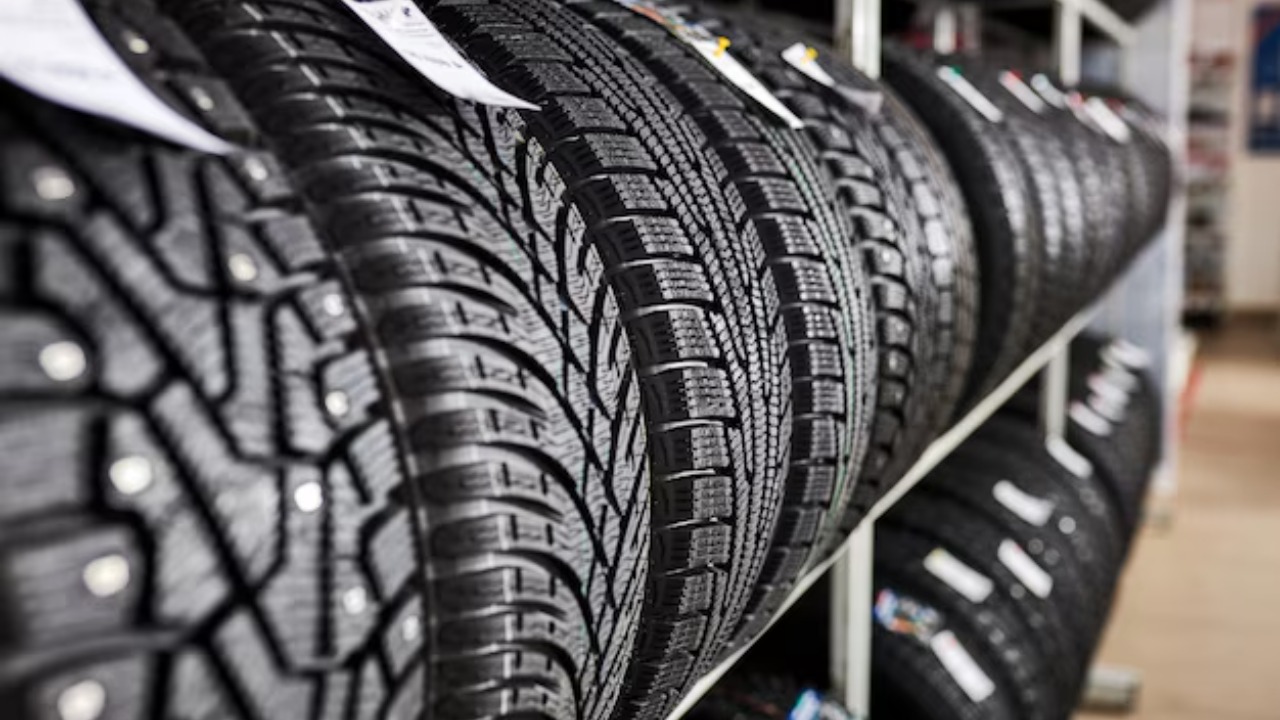
Many drivers hold onto certain beliefs about car maintenance that could be costing them money. From the type of gasoline you use to how often you visit the car wash, these misconceptions can add unnecessary expenses to your budget. Let’s debunk some of these common car myths and help you save money in the long run.
Premium Gasoline Improves Performance in All Cars

The belief that premium gasoline boosts performance in all vehicles is a widespread misconception. While premium fuel does have a higher octane rating, it is designed for specific engines that require it, usually high-performance or luxury vehicles. If your car’s manual doesn’t specify premium gasoline, using regular fuel is sufficient and more cost-effective.
For most cars, premium gas does not enhance performance, making it an unnecessary expense.
Regular Oil Changes Every 3,000 Miles

Changing oil every 3,000 miles is advice that harks back to older vehicles. Modern engines and advanced oil technology allow for longer intervals between oil changes, often between 5,000 to 7,500 miles or more. Consult your car’s manual for the manufacturer’s recommendations, which are often based on specific driving conditions. Regularly checking your oil level and quality can prevent you from spending unnecessarily on premature oil changes.
Warm Up Your Car Before Driving

Idling to warm up your car is a practice that dates back to a time when engines relied more on carburetors. Today’s engines use electronic fuel injection, which allows them to operate efficiently without prolonged idling. Warming up your car for more than a minute wastes fuel and isn’t necessary for modern vehicles. Instead, start driving gently, which warms up the engine faster and more efficiently.
Large Vehicles Are Safer than Small Cars

It’s a common assumption that larger vehicles are inherently safer than smaller ones. While size and weight can play a role in safety, modern safety technology and design improvements mean that many small cars offer excellent crash protection.
Factors such as airbags, crumple zones, and advanced driver-assistance systems significantly enhance safety. It’s essential to look at safety ratings and features rather than size alone when considering a vehicle’s safety.
All-Season Tires Are Suitable Year-Round

All-season tires are designed to handle a variety of conditions, but they may not be the best choice for extreme weather. In areas with harsh winters, switching to winter tires can vastly improve traction and safety. Similarly, summer tires can offer better performance and safety during hot months. Choosing the right tire for the season can enhance safety and prolong tire life.
Dealership Maintenance Is Always More Reliable

While dealerships often have specialized knowledge of specific makes and models, independent mechanics can offer reliable service at a lower cost. Many reputable independent shops employ certified technicians and use high-quality parts.
Do your research and find a trustworthy mechanic, as this can lead to significant savings without compromising on reliability or quality.
Manual Transmissions Offer Better Fuel Efficiency

In the past, manual transmissions were more efficient than automatics. However, advances in technology have allowed automatic transmissions to become as, if not more, efficient. Many modern automatics have more gears and better optimized shifting patterns, which can lead to improved fuel efficiency.
The choice between manual and automatic should be based on preference, not misconceptions about fuel economy.
Car Washes Damage Your Vehicle’s Finish

Many drivers avoid car washes, fearing they’ll scratch or damage their vehicle’s finish. While poorly maintained car washes can cause damage, most modern facilities use soft cloths and brushes that are safe for your car. Regularly washing your vehicle can actually protect the paint by removing dirt and contaminants that can cause long-term damage. It’s important to choose a reputable car wash to ensure your vehicle is cared for properly.